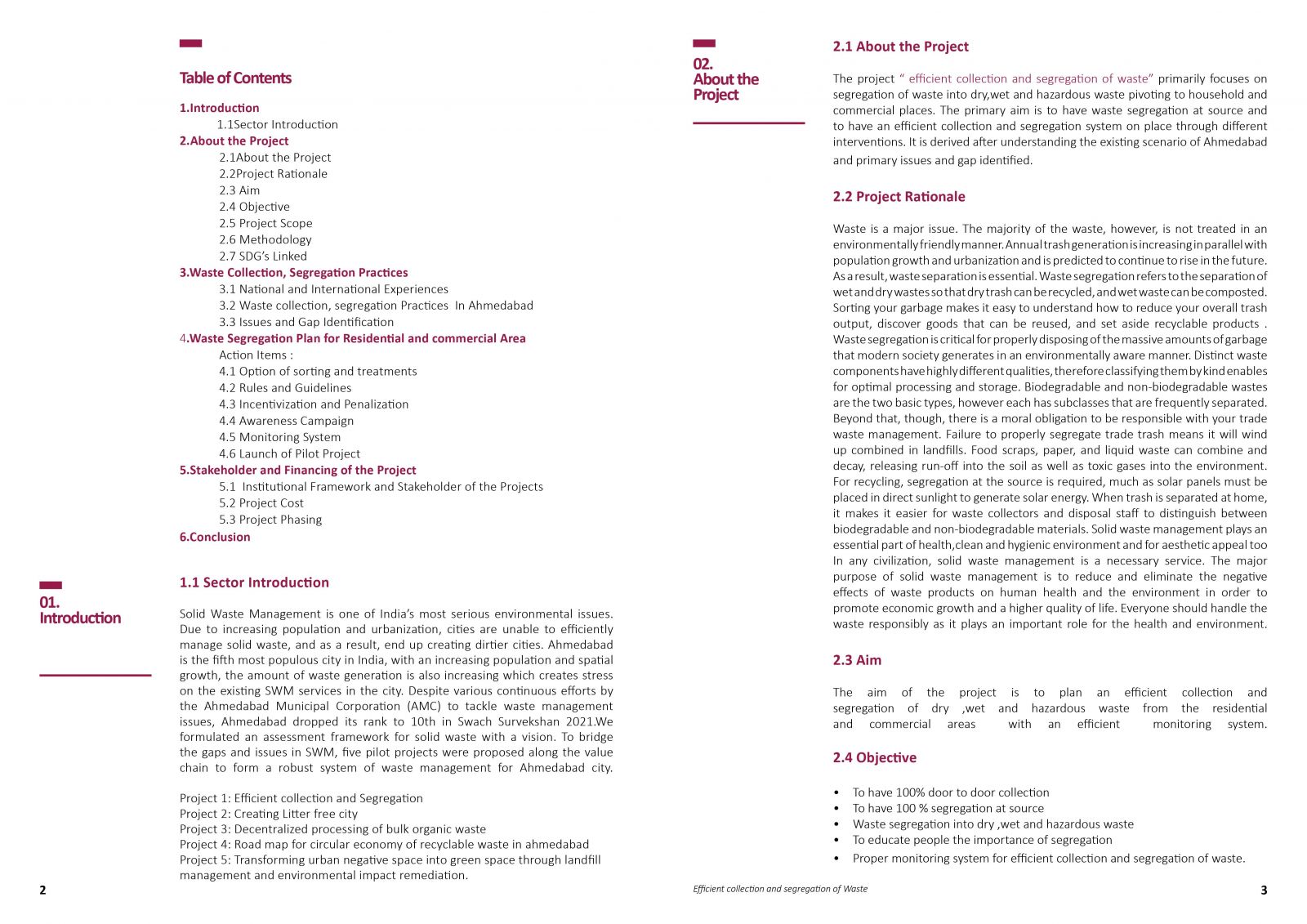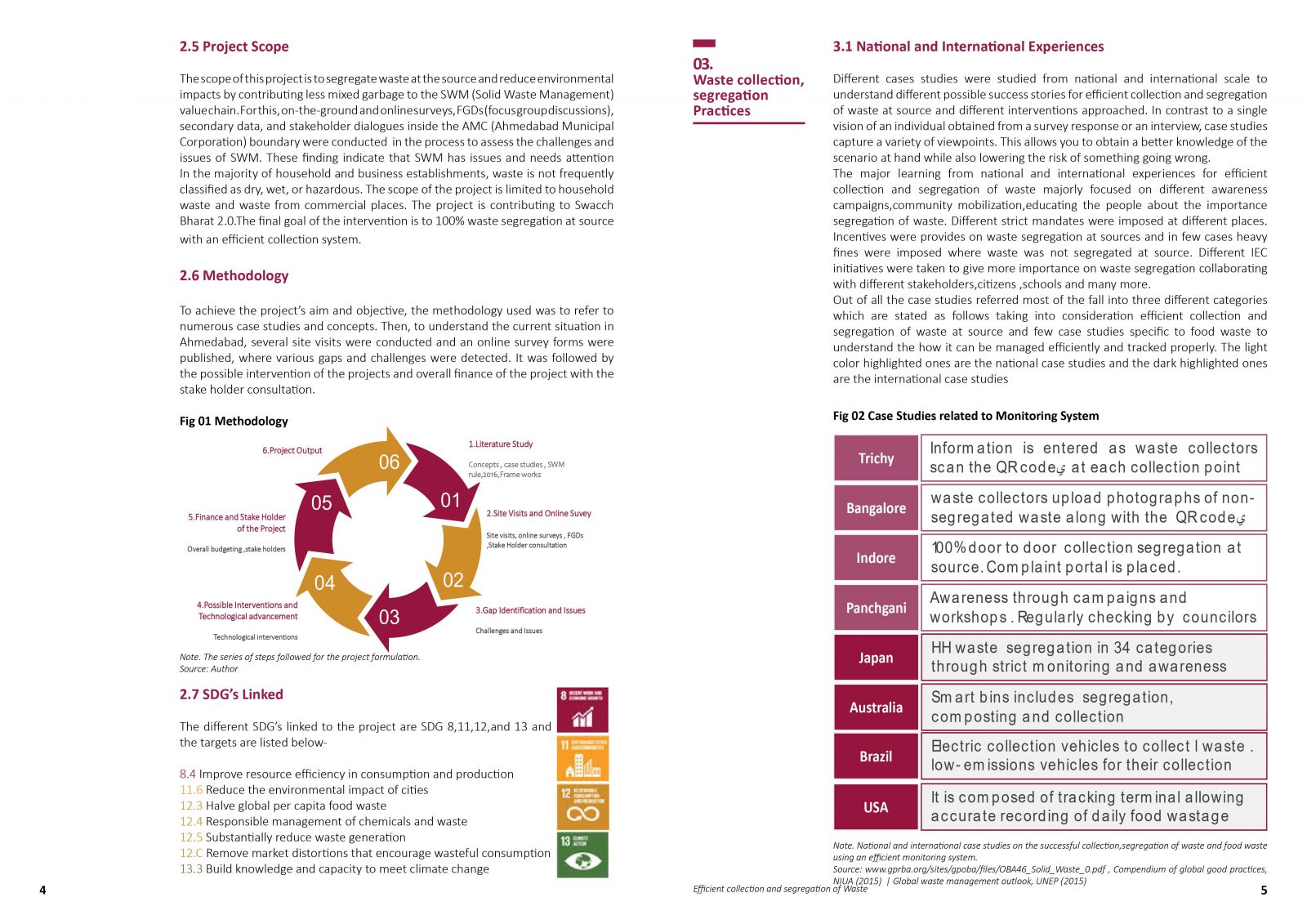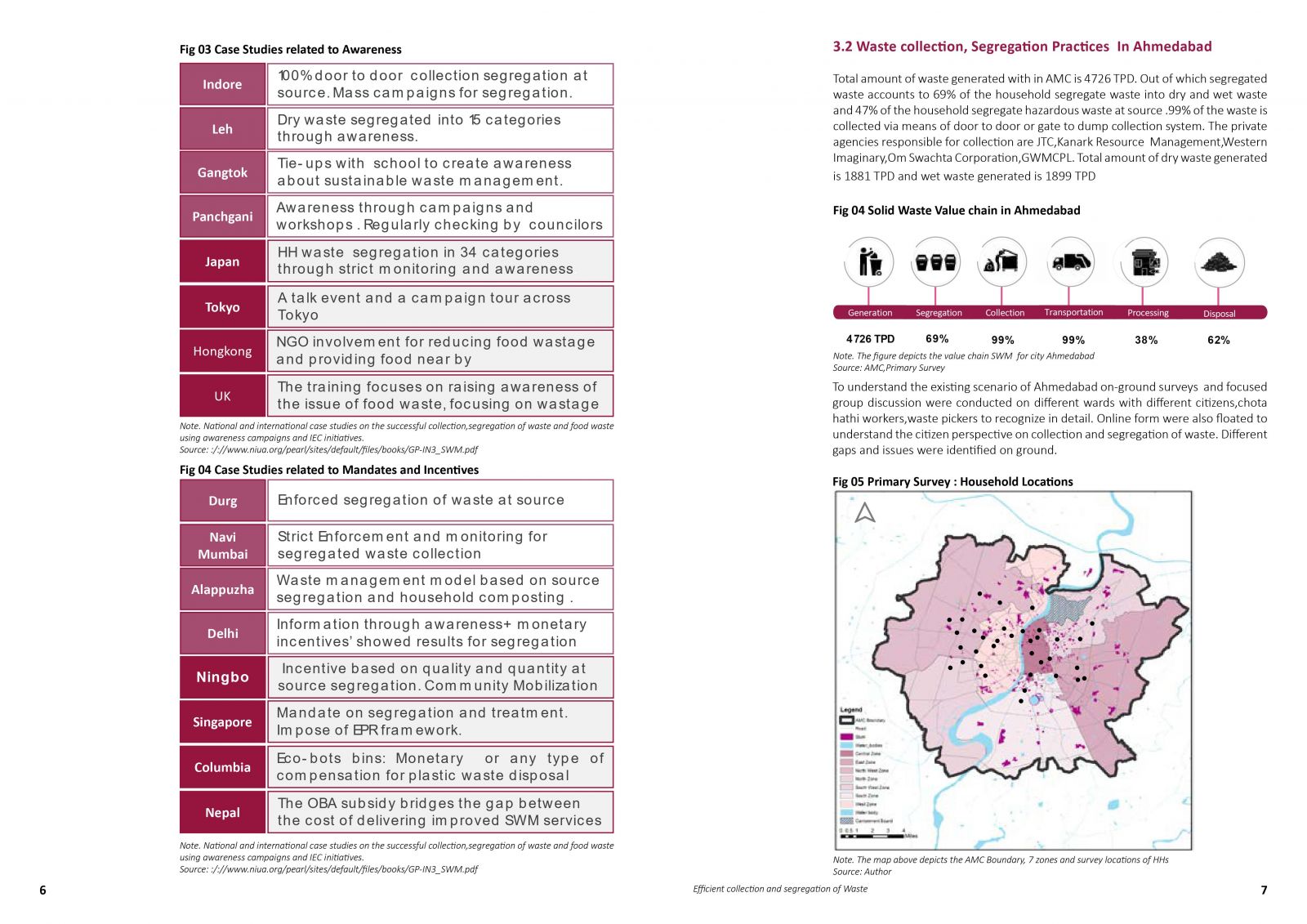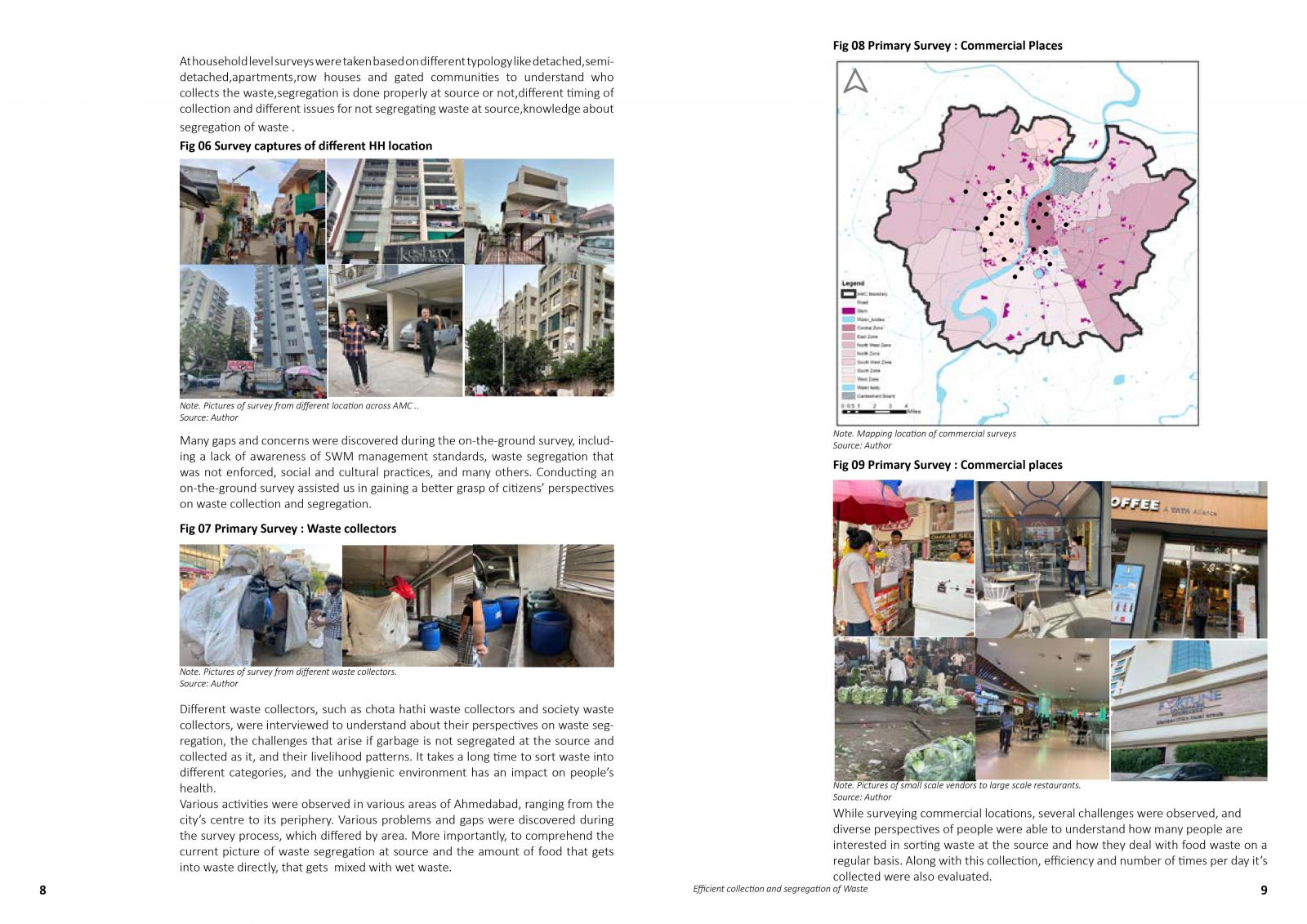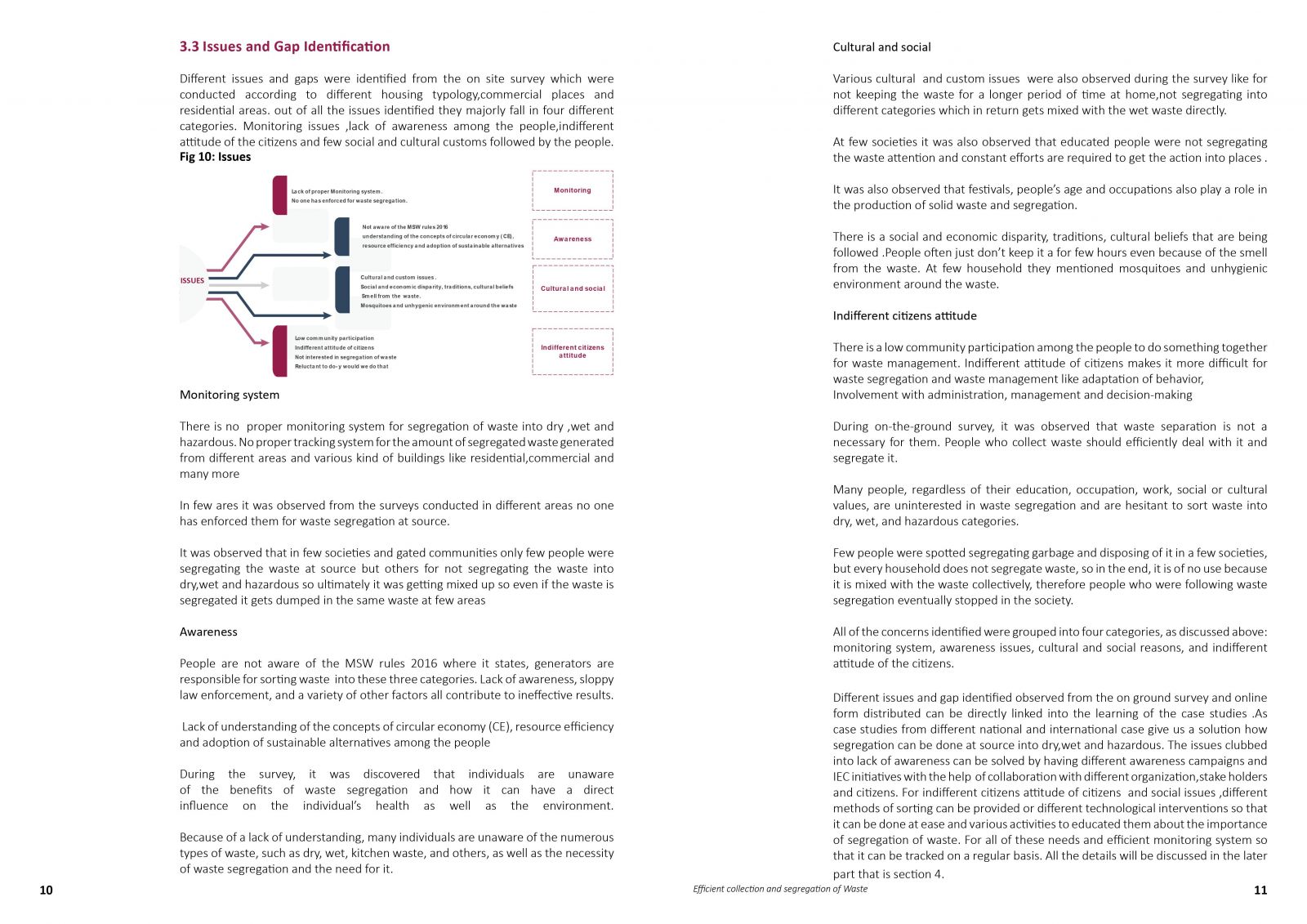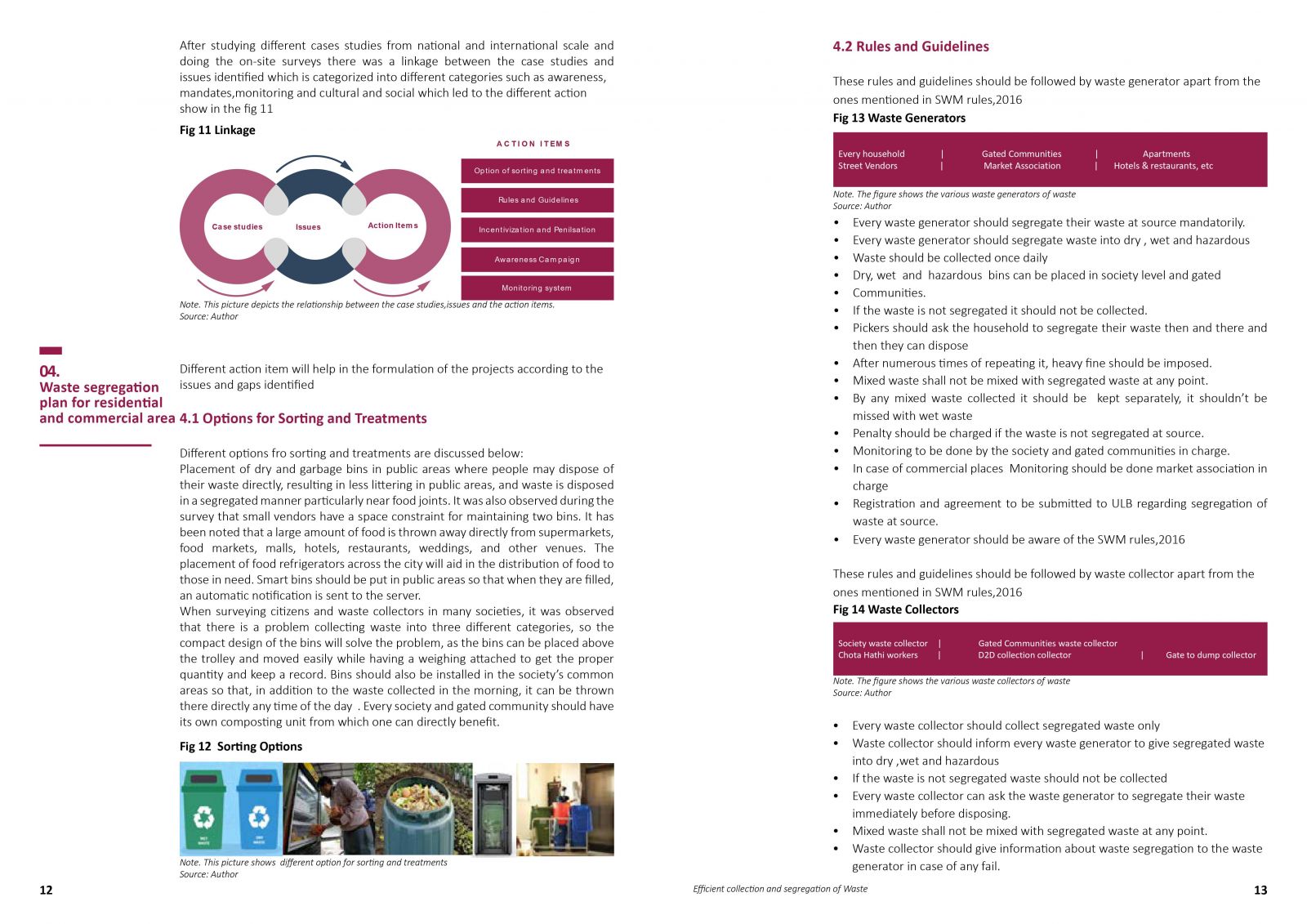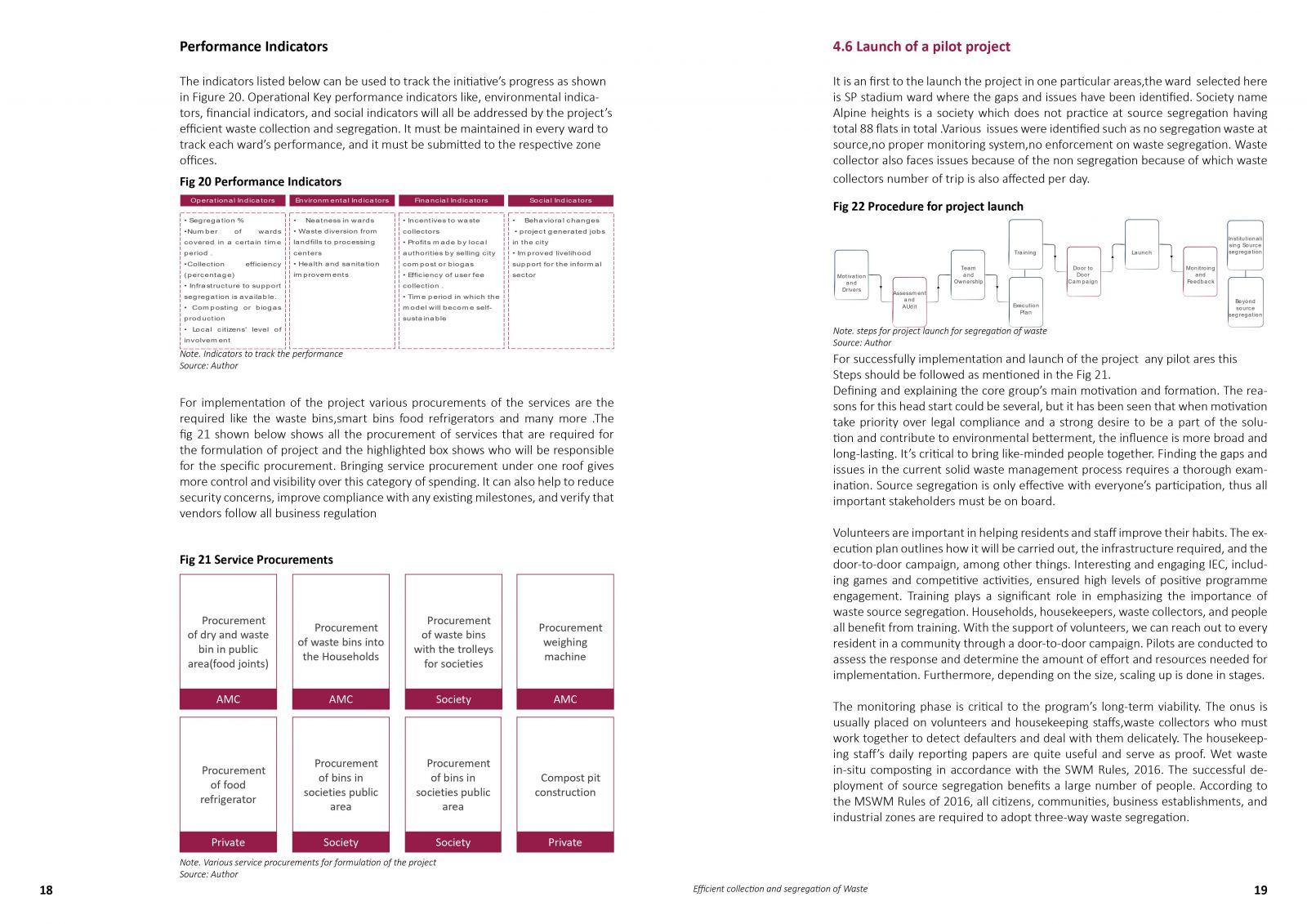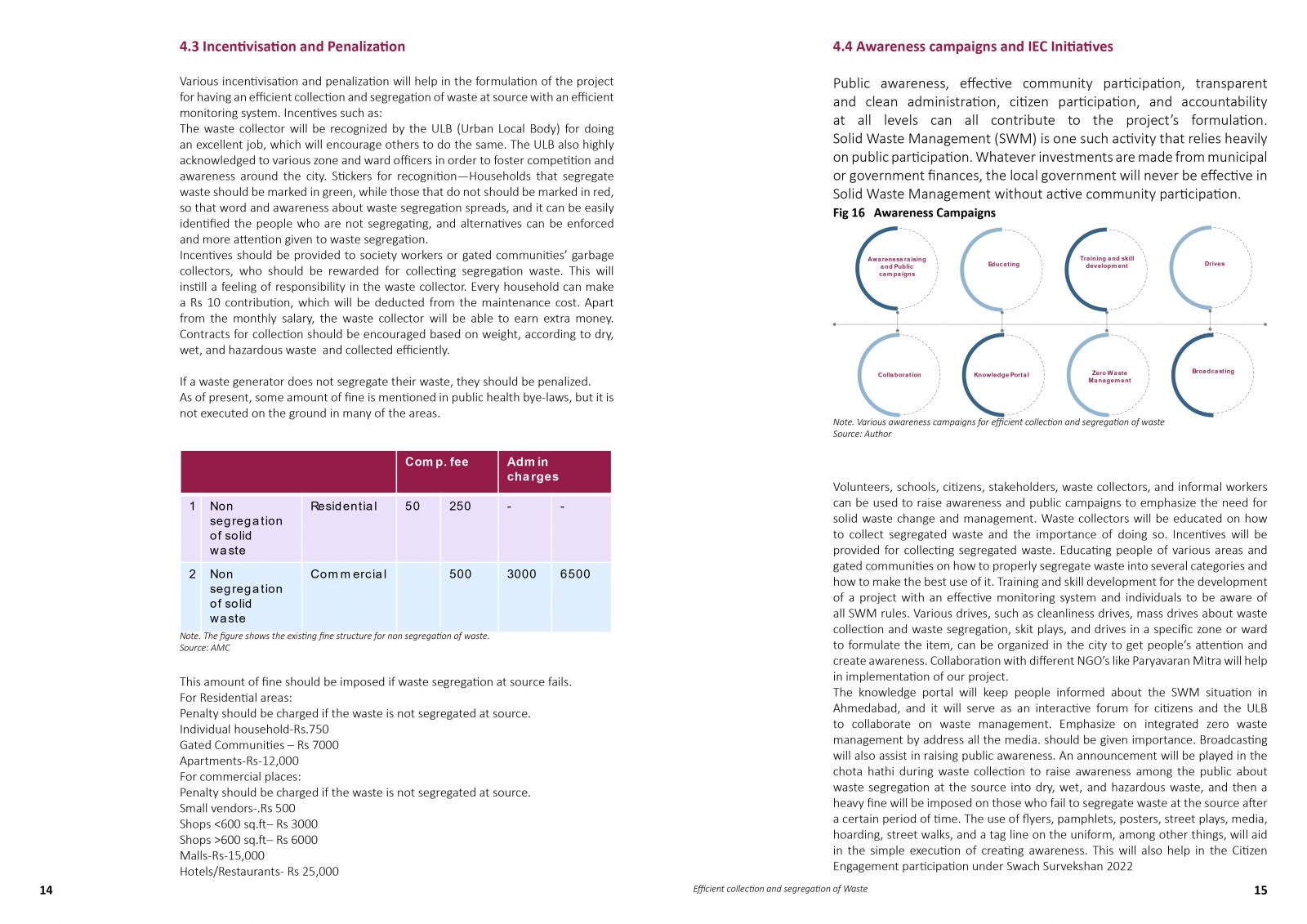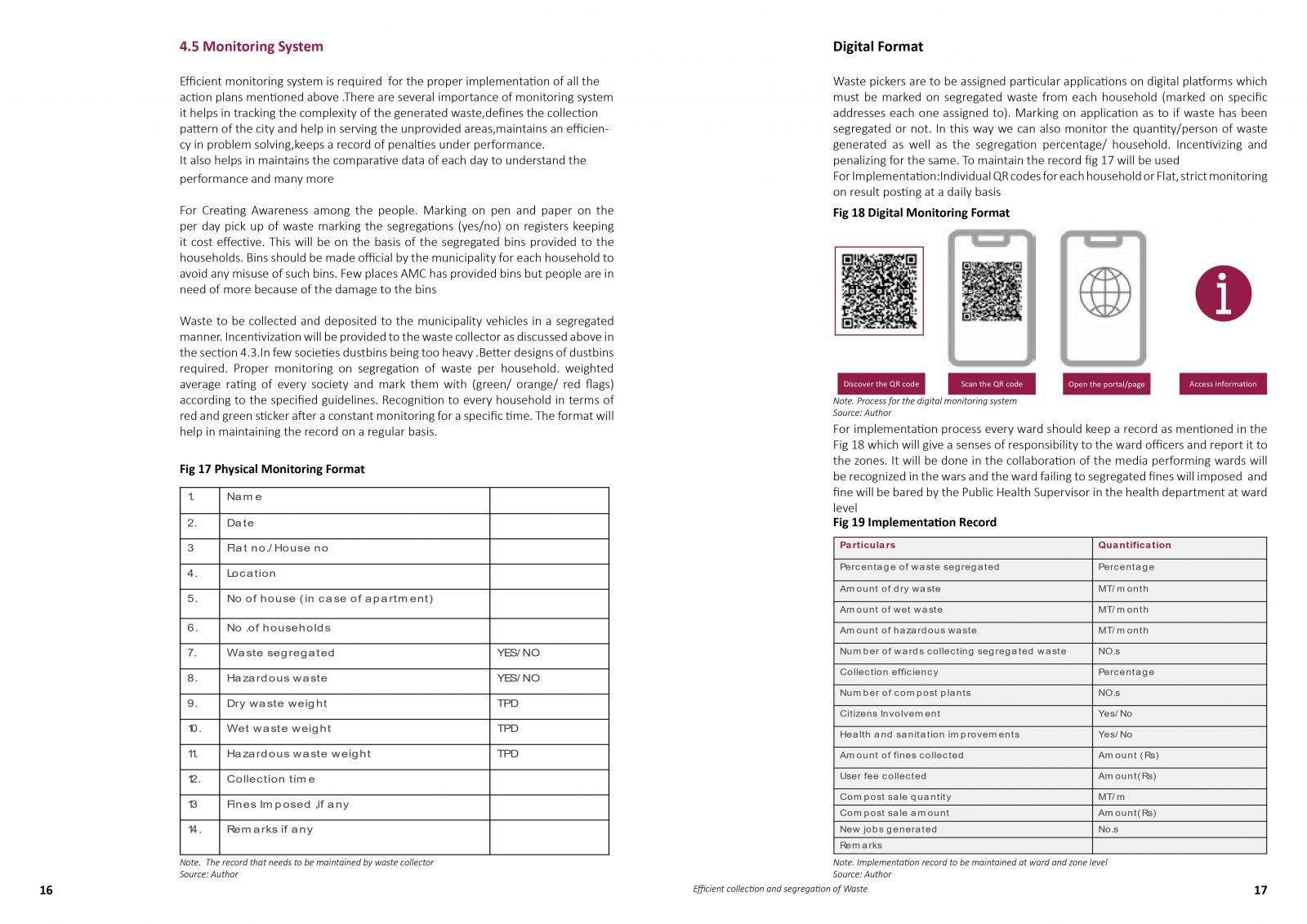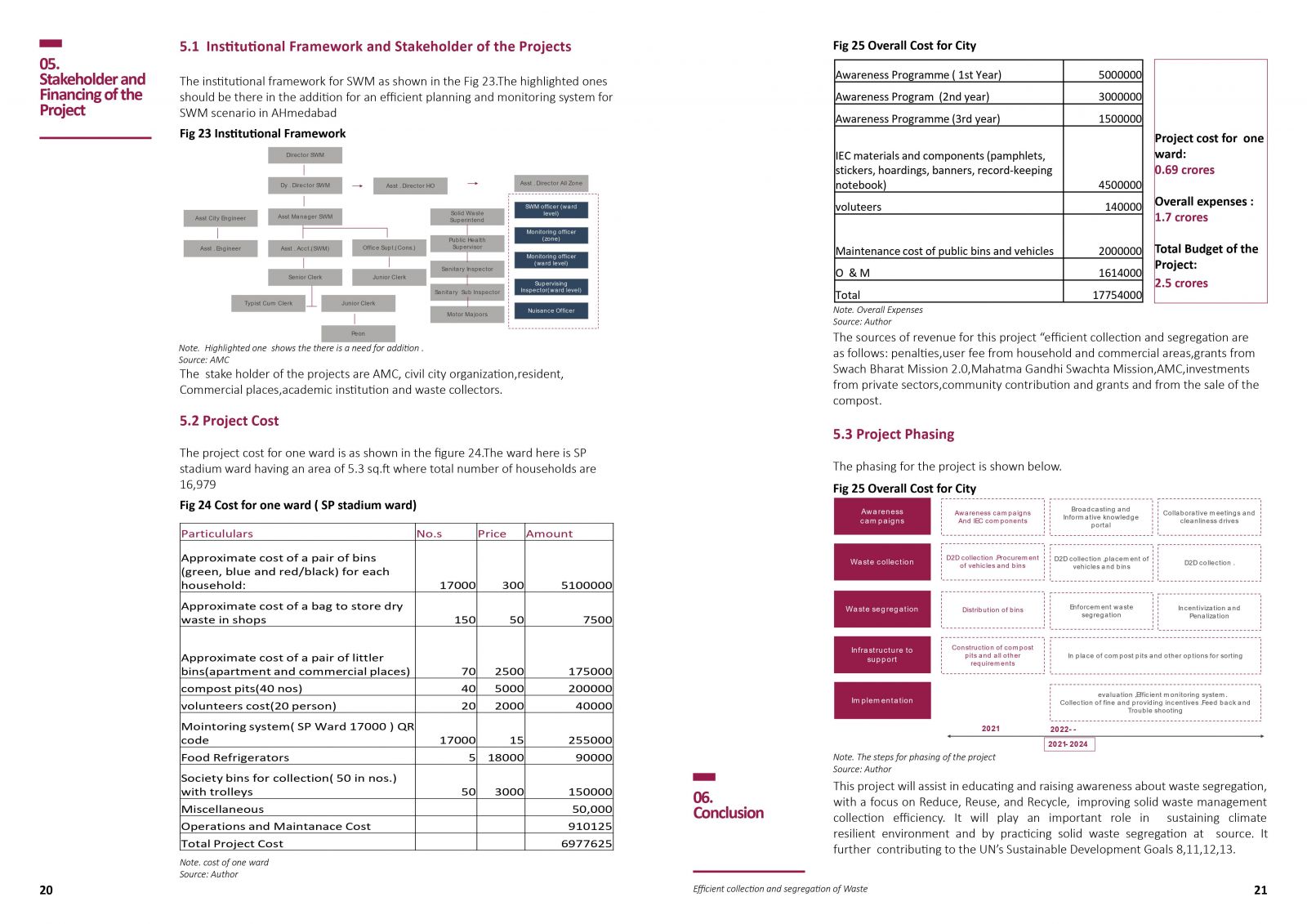Your browser is out-of-date!
For a richer surfing experience on our website, please update your browser. Update my browser now!
For a richer surfing experience on our website, please update your browser. Update my browser now!
Waste is a major issue. The majority of the waste, however, is not treated in an environmentally friendly manner. Annual trash generation is increasing in parallel with population growth and urbanization and is predicted to continue to rise in the future. As a result, waste separation is essential. Waste segregation refers to the separation of wet and dry wastes so that dry trash can be recycled, and wet waste can be composted. Sorting your garbage makes it easy to understand how to reduce your overall trash output, discover goods that can be reused, and set aside recyclable products. Waste segregation is critical for properly disposing of the massive amounts of garbage that modern society generates in an environmentally aware manner. Distinct waste components have highly different qualities, therefore classifying them by kind enables optimal processing and storage. Biodegradable and non-biodegradable wastes are the two basic types, however, each has subclasses that are frequently separated. Beyond that, though, there is a moral obligation to be responsible for your trade waste management. Failure to properly segregate trade trash means it will wind up combined in landfills. Food scraps, paper, and liquid waste can combine and decay, releasing run-off into the soil as well as toxic gases into the environment. For recycling, segregation at the source is required, much as solar panels must be placed in direct sunlight to generate solar energy. When the waste is separated at home, it makes it easier for waste collectors and disposal staff to distinguish between biodegradable and non-biodegradable materials. Everyone should handle the waste responsibly as it plays an important role for the health and environment.
